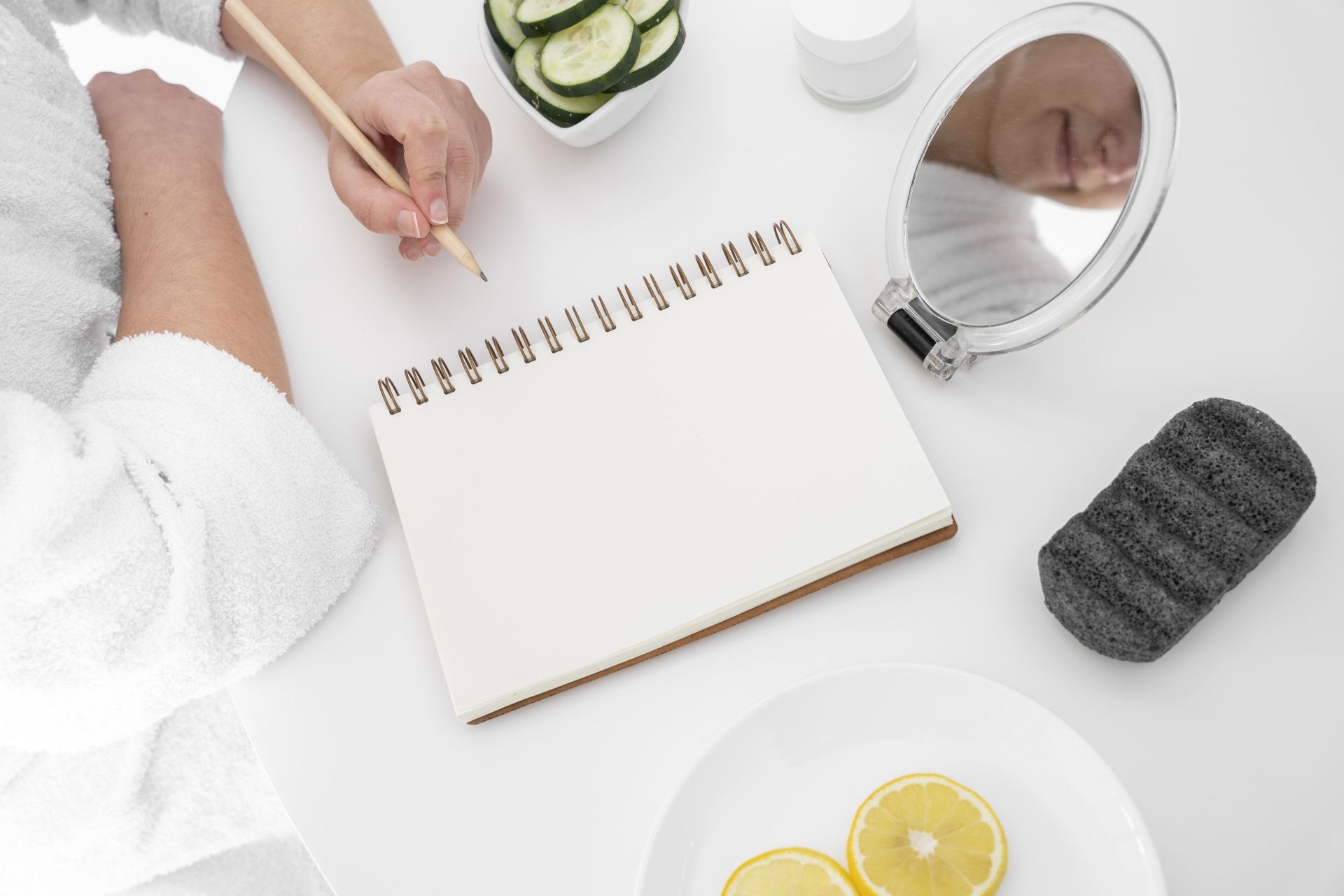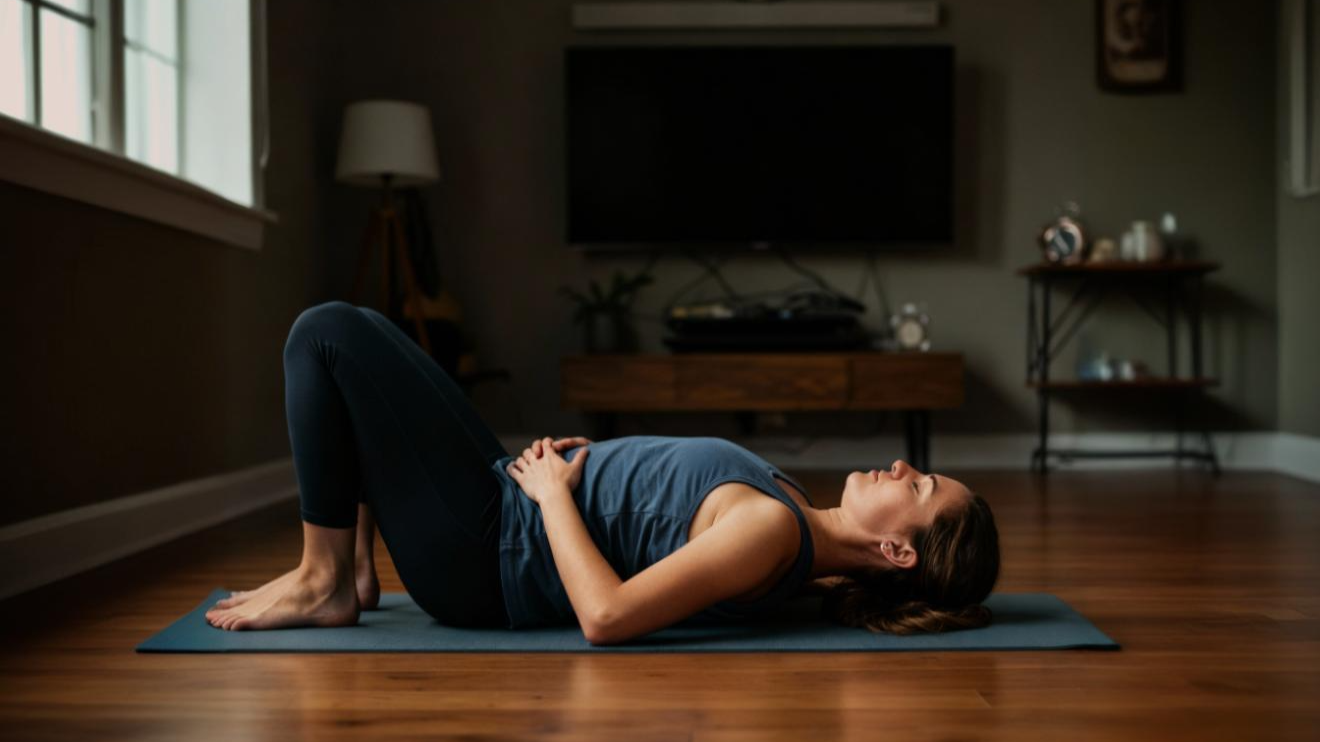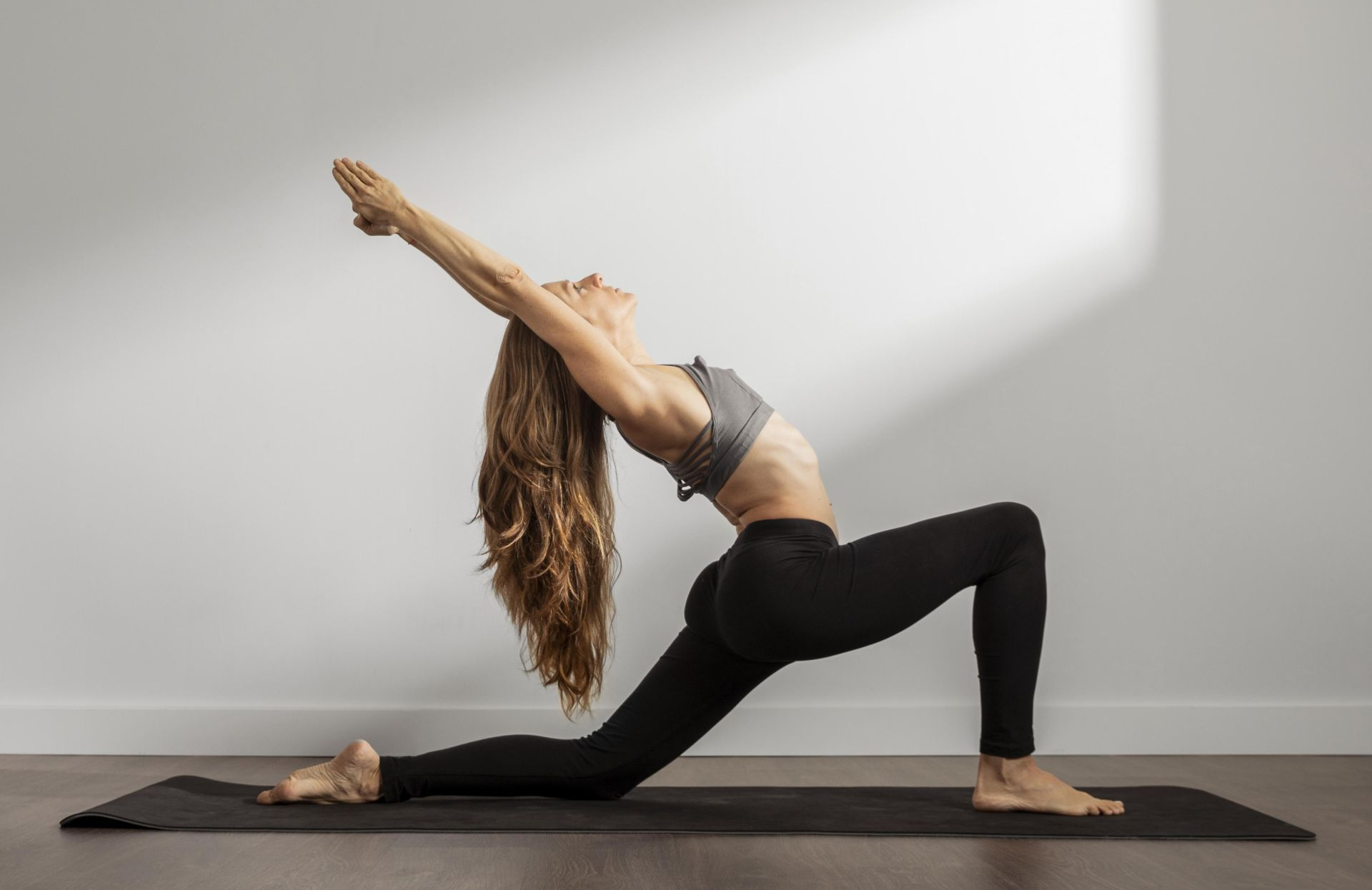Write your awesome label here.
More about ways to improve you sleep
What you consume directly impacts your mood and energy levels.
- Limit stimulants: reduce or quit caffeine and nicotine, as these can increase heart rate and trigger jittery, anxious feelings.
- Moderate alcohol: while alcohol may offer temporary relief, it often interferes with sleep and worsens anxiety the following day.
- Eat well: focus on a balanced diet rich in whole grains, fruits, vegetables, and healthy fats (like those found in salmon and avocados, which are high in Omega-3s).

The "fast-paced world" is largely driven by technology and an inability to say no. Reclaiming your time and mental space is a powerful step in anxiety management.
Learn to say
"no" to extra commitments that stretch you too thin. Setting realistic goals and expectations for yourself prevents burnout.
- Work-life balance: designate specific work hours and stick to them. Turn off work-related notifications when you are off the clock to protect your personal time.
- Time management: break down large, overwhelming tasks into smaller, manageable steps. Focus on prioritizing the tasks that matter most.
The constant stream of news and social media comparisons is a major contributor to modern anxiety.
- Digital detox: turn off non-essential notifications throughout the day.
- Unplug regularly: intentionally set aside phone-free time, especially before bed or during meals, to let your mind rest.
Vagus nerve exercises offer immediate relief, reducing chronic inflammation and gaining true resilience against vagus nerve anxiety. Just like building muscles, you must train your vagal tone regularly.
Acute exposure to cold is a scientifically validated method for instant VNS. It forces your autonomic nervous system to adjust, immediately lowering your sympathetic (stress) response.
Tip: finish your shower with 30-60 seconds of cold water. Focus the spray on your face and the back of your neck where the nerve runs closest to the surface.
Supplements with prebiotics, probiotics, and postbiotics help maintain a healthy, balanced gut flora, which sends positive feedback signals to the brain via the vagus nerve.
By weaving these practical strategies into your daily life, you can effectively navigate the pressures of a fast-moving world and cultivate long-term emotional stability.
If you're looking for guidance and a way to embed these powerful techniques into your daily life, we designed an educational program to help you reduce anxiety level. In just 12 weeks you'll become your best self and regain your inner peace and resilience.




